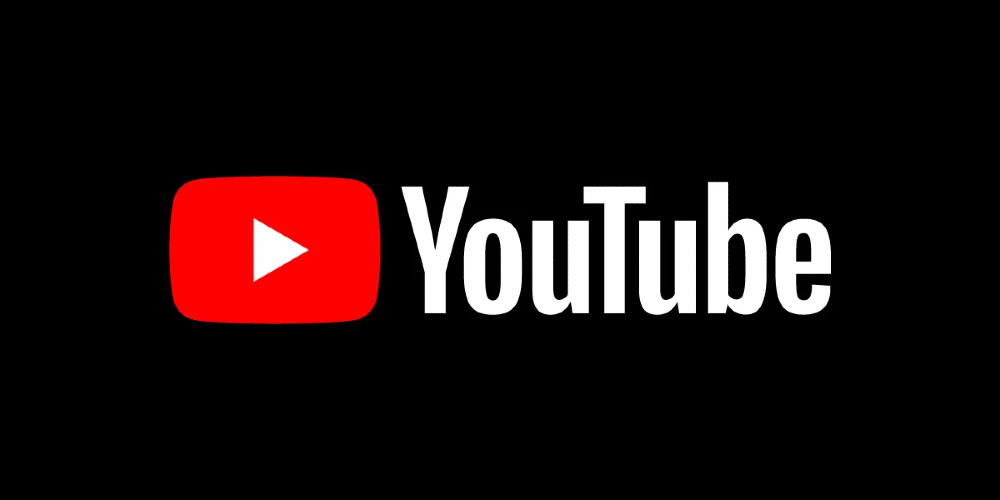YouTube Bolsters Teen Safety Measures with Enhanced Content Recommendations
Nov 02, 2023

Two years post-testifying before the U.S. Senate concerning the safety of child users and exposure to damaging content, YouTube has unveiled new safety measures. These are specifically targeted at regulating content recommendations for teen audiences. The platform will limit repetitive recommendations of videos that could potentially instigate body image issues like comparison of physical attributes or glorifying certain body sizes and fitness levels. Another measure is to restrain repeat viewings of videos depicting "social aggression", such as non-contact fights or intimidation.
YouTube acknowledged that although some of these videos might seem harmless when seen individually, repeated exposure to similar content could have problematic consequences. The nature of YouTube's recommendation algorithm, which is primarily influenced by user engagement with content, necessitates such controls.
Implementing these limits initially in the U.S., YouTube plans to extend these to other countries next year. This move is seen as the platform's effort to pre-empt potential child safety legislation like KOSA (the Kids Online Safety Act). Proposed last year post the Senate hearings on teen mental health, KOSA recently enlisted Senator Elizabeth Warren as a co-sponsor.
Parallel to tweaking recommendations, YouTube also plans to overhaul its "take a break" and "bedtime" reminders introduced in 2018. The revamp would make these reminders more visually salient for users under 18, featuring more frequently and activated by default in account settings.
These reminders will manifest as full-screen takeovers on both YouTube Shorts and long-form content, primed to display after every 60 minutes of usage. This feature is akin to TikTok's similar mechanism, which suggests users take a break after extensive scrolling. YouTube also intends to extend its crisis resource panels into full-page experiences, directing users to explore sensitive topics to third-party crisis helplines and alternatives like self-compassion or grounding exercises.
The new measures are a product of YouTube's collaboration with the World Health Organization and Common Sense Networks, a subsidiary of Common Sense Media. The latter will assist YouTube in developing educational materials for parents and teens encompassing advice on creating safer online habits, empathetic content creation, and guidelines to navigate online interactions like comments and shares. In addition, the WHO and the British Medical Journal are organizing an expert roundtable to brainstorm strategies around teen mental health and the provision of online resources and information, with a report expected in early 2024.







